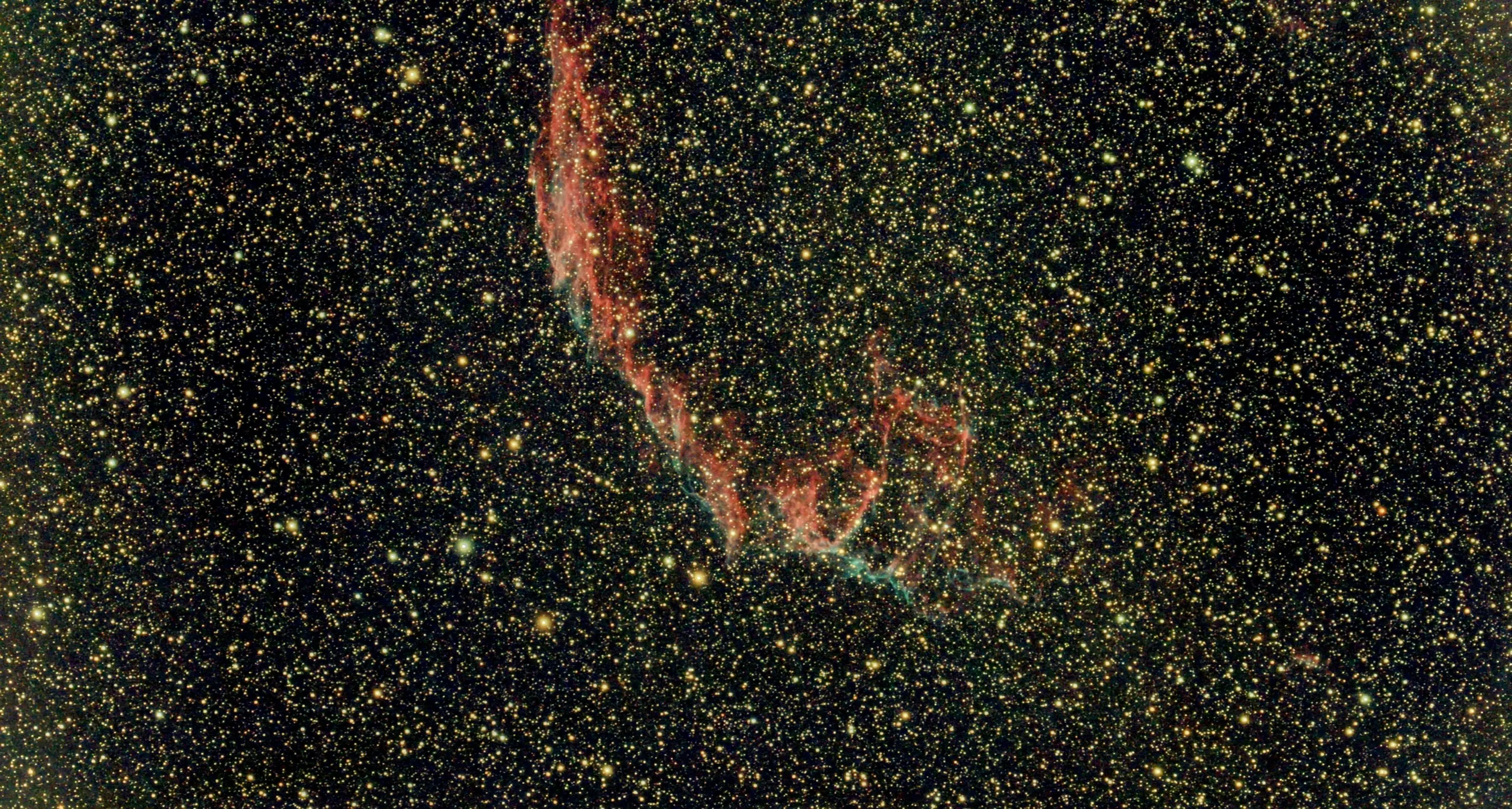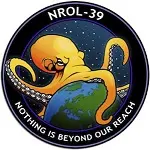You mean other than from the Native Americans?
And Hawaii?
And Mexico. And Spain. And even Britain (in the pacific northwest).
ETA: And Samoa, Philippines, Cuba, Guam, etc.
ETA: And Samoa, Philippines, Cuba, Guam, etc.
To be fair, most of those were also “Spain” at the time.
Also Britain in the Canadian colonies in 1812.
and literally the entirety of south america, sans like one or two countries
I don’t know of the US ever occupying or controlling (explicitly) a south american country.
then you should study it a little bit closer. or at all.
And all the proxy wars on the middle eats.
Around here we call the middle eats “lunch”.
They were native, they just didn’t know they were American yet.
Fortunately, they were lethally informed.
Ok I’ll explain like you’re five. You’re wrong. It has lots of times. There are things you don’t know until you read more about them
Exactly. The trick is media control
That’s not really an explanation…
Countries used to think that invading others and getting more land and more people to rule over would make them more powerful. Some still think so.
But modern countries increase their influence through trade and their economy.European countries used to control huge parts of Africa, and all it did was cost them money. Also, generally, people don’t like being ruled by a foreign power. For a dictatorship that’s OK. But for a democracy, having lots of people in your country that don’t want to be governed by you is a big problem.
used to? african countries are still subjected to a france-imposed currency with rules dictated by the french, arent they?
Manifest Destiny is pretty much that. The US fought Mexico, Spain, and British Canada, exploited the political situation in Europe to buy a huge chunk of land from France, and displaced or killed hundreds of thousands of native people. The US is the 4th largest country by area. Having that much contiguous land is insanely valuable and powerful. By the time the US would have even had to think about colonizing like the Europeans it was going out of style.
And we tried to recolonize parts of Central and South America anyways. Didn’t work out though, for obvious reasons.
Well, as others have covered, the us has engaged in imperialism directly, in the past, and indirectly even now.
But I don’t think that answers your question.
The “modern” US, and I use the word modern to represent the post ww2 era, has a very different place on the world stage than it did before ww2, though that place started shifting after the first world war.
You simply can’t ignore ww2 and the effects it had on global politics any time something like this comes up. Most of what we think of as the way things work go back to that time even more than the nations’ individual histories. There really wasn’t any nation that wasn’t deeply and radically changed by that.
After ww2, there was a global desire for peace and stability, with stability being the greater goal. The UN, NATO, all the major alliances and blocs stem from that.
Nukes played a huge role in major nations not being willing to just go out and conquer. It forced everyone to play a bit less overtly, so we ended up with proxy wars and coups and other fuckery when world powers wanted to extend their influence.
But, there’s also another big factor. You go out and conquer somewhere, you have to manage it. You take over Columbia, you now have to run Columbia, protect your ownership of it, and deal with the people there being your people. That’s a heavy burden for a world power. It’s one thing to maintain a small island as a territory (think Guam as an example); it’s a whole nuther thing to try and take over a nation that not only isn’t going to be done without worldwide resistance, but is harder to maintain control over because it isn’t contiguous.
The U.S. has a pretty major advantage by stretching across the entire continent. We’ve got entire oceans as borders, and entire nations that also stretch across the continent as neighbors. It’s a nation that’s damn near impossible to invade, blockade, or otherwise use direct methods against. Why would a nation give up those advantages by taking over somewhere else?
It’s way easier to use other methods to control other nations rather than own them. Fund groups inside the country that are friendly to your nation, let them take over the country, and profit (literally, since there’s a long history of the U.S. interfering with other countries’ governments for nothing other than capitalist gain).
If the other country doesn’t have an economic value, but have strategic positioning, or can serve as a puppet state or as a distraction, it’s still easier to just stage a coup, rebellion, or otherwise put the country in a condition that’s better aligned. It isn’t and wasn’t just the US engaging in this kind of activity, but the U.S. was pretty dominant on the western side of such activity. Our allied nations backed those plays, but the U.S. often called the shots.
In other words, the U.S. has never wanted or needed to conquer anywhere else after ww2. There were better ways to achieve goals.
Good answer.
You’re describing the Spanish-American War, when the US seized Cuba, Puerto Rico, Guam, and the Philippines from Spain.
Do military bases count?
Yeah, why go through the trouble of installing a puppet government when we can offer “assistance” with a military base? How many hundred bases are there around the world now? And have any been decommissioned ever?
Yes in the 1990’s, Clark and Subic Bay in the Philippines were decommissioned. Clark was abandoned because of volcanic ash from Mt Pinatubo. Subic Bay closed when the Philippine senate refused to renew the lease. This gives Filipinos the right to say “All your bases are belong to us.”
The US owns a bunch of Caribbean “territories” that they still won’t make into US states. Their citizens are US citizens, but can’t vote.
EDIT: The current US itself was carved out of territories owned by Mexico, France, and England (which took them from Native American tribes). Back in the day, we conquered and stole a bunch of land, both from natives and from other invading countries.
But we’ve been more interested in foreign politics since WWII and less about expanding our own land. Besides, why own a bunch of foreign soil when we can just set up outposts around the globe and have a military frontline anywhere? I served in the US military and we have so many bases scattered around every region of the globe. We can literally involve ourselves in any global conflict we want to within a day or two. Meanwhile, our actual homeland is isolated on the other side of the planet, where it’s difficult for foreign invaders to touch us.
Like so many other American things, imperialist exploitation has been largely privatized and handled by colossal megacorps.
yeah, what’s
United Fruit Company, I mean, Chiquita up to? Uh…uh oh!
Always have been, always are. They’ve just realized there will be less noise if you don’t plant too many flags or draw new maps when you invade.
The war of 1812
Mexican American war
The several occupations in South America before, during, and after world war 1.
Oh and the 41 wars against Native Americans. The last of which was in 1924.
The government using brute force to influence other regions isn’t popular in democracies. There were huge protests over the Vietnam war and currently lots of protests over Isreal-Palestine, a conflict that the US is only somewhat involved in. Political parties have nothing to gain if they’re voted out of office a few years after launching an expansionist war.
If we tried to take over say Canada and Mexico for instance, being the easiest targets, the rest of the world will rise up against us.
Sure, we have a huge military and a lot of nukes, but they have nukes also and a hell of a lot more money and manpower.
The only way we can win would be to launch a preemptive nuclear strike against the eastern side of the planet and assuming that we don’t get nuked back to the Stone age in return immediately launch a strike against Canada and Mexico while the rest of the world is cleaning up after the shit we started.
9 times out of 10, almost everyone in America dies, and the rest get to spend 150 years paying back for the damages.
1 time out of 10, we become king shit of a hell hole of our own creation.
It was pre nukes, but we actually did go to war with Mexico. How do you think we got Texas?
We weren’t a badass superpower when that happened. We were just in a place where the actual superpowers of the time were unable and unwilling to spend the money needed to defend Mexico from us.
expansionism is hard when you are surrounded by two huge oceans
We only had one ocean when we bullied Mexico into giving up territory.
We took over multiple islands both east and west of the continental US, which are now territoties and the state of Hawaii.
So no, oceans didn’t stop us when we rrached both coasts.
Badasses don’t invade their neighbors.












